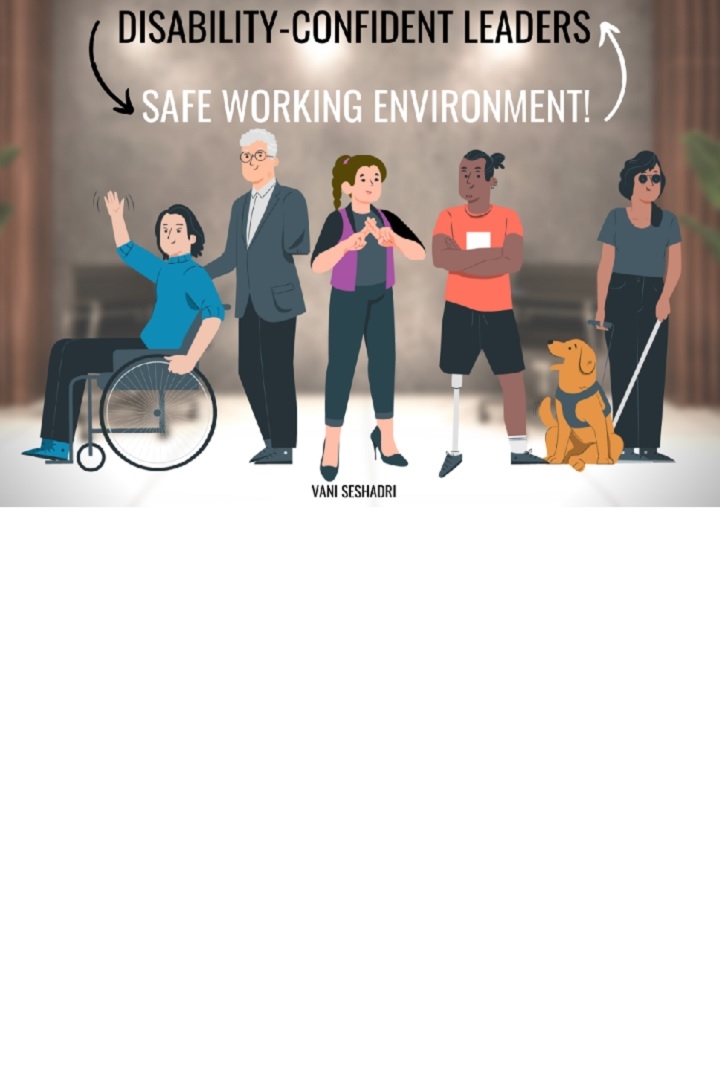
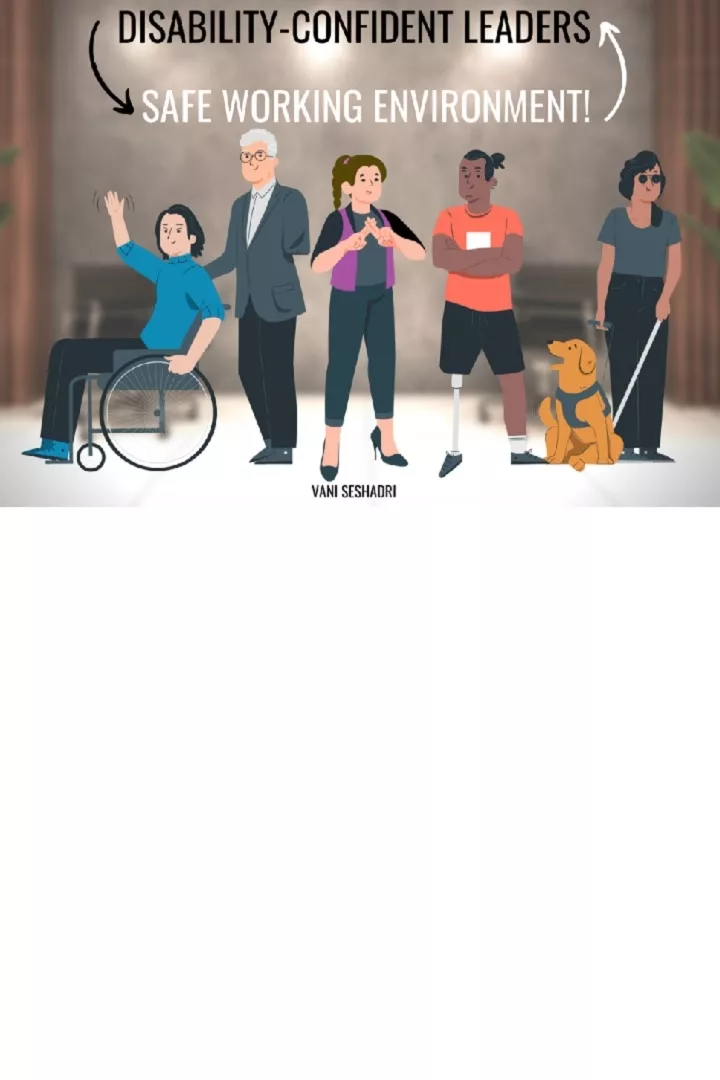
Leaders need to model disability disclosure
Here are some leaders with disabilities who have been vocal about it, thus paving the way for a more inclusive culture.
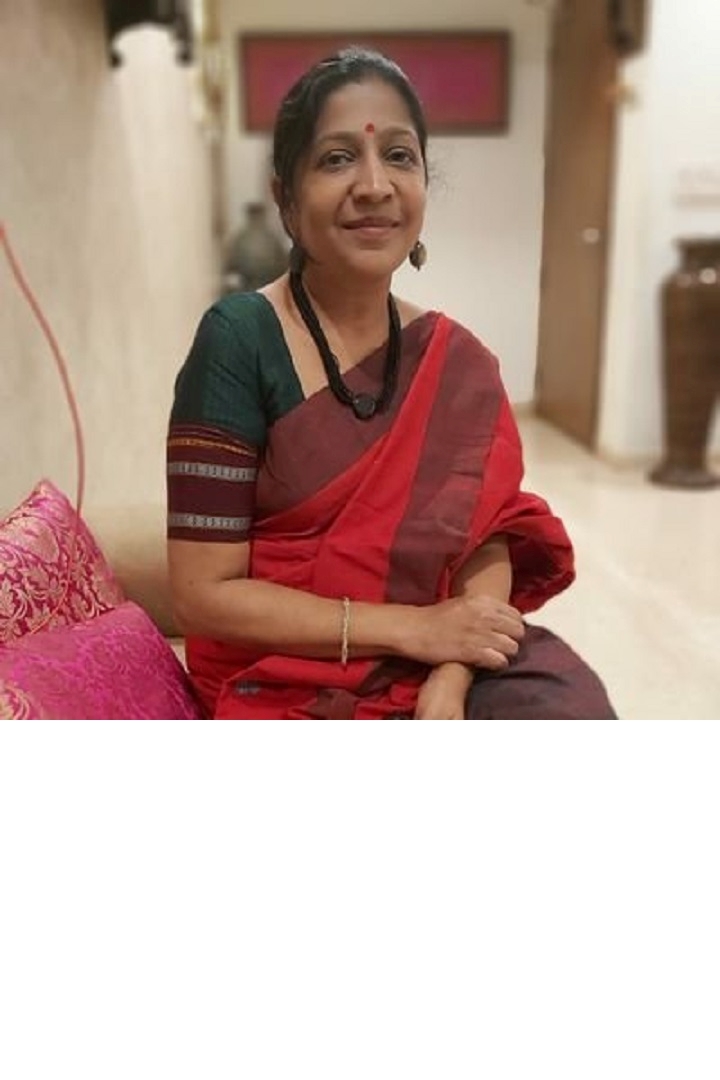
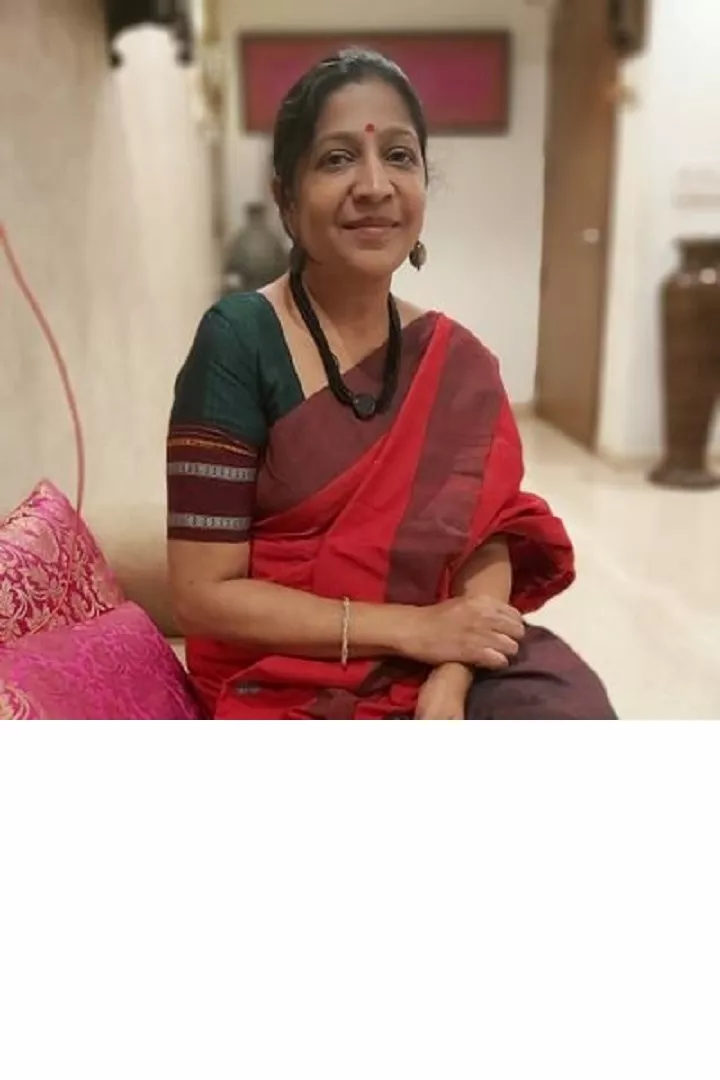
Vani Seshadri
Disability Inclusion Expert, Global Disabilty Inclusion Lead Accenture, Leadership Coach, D&I Leader
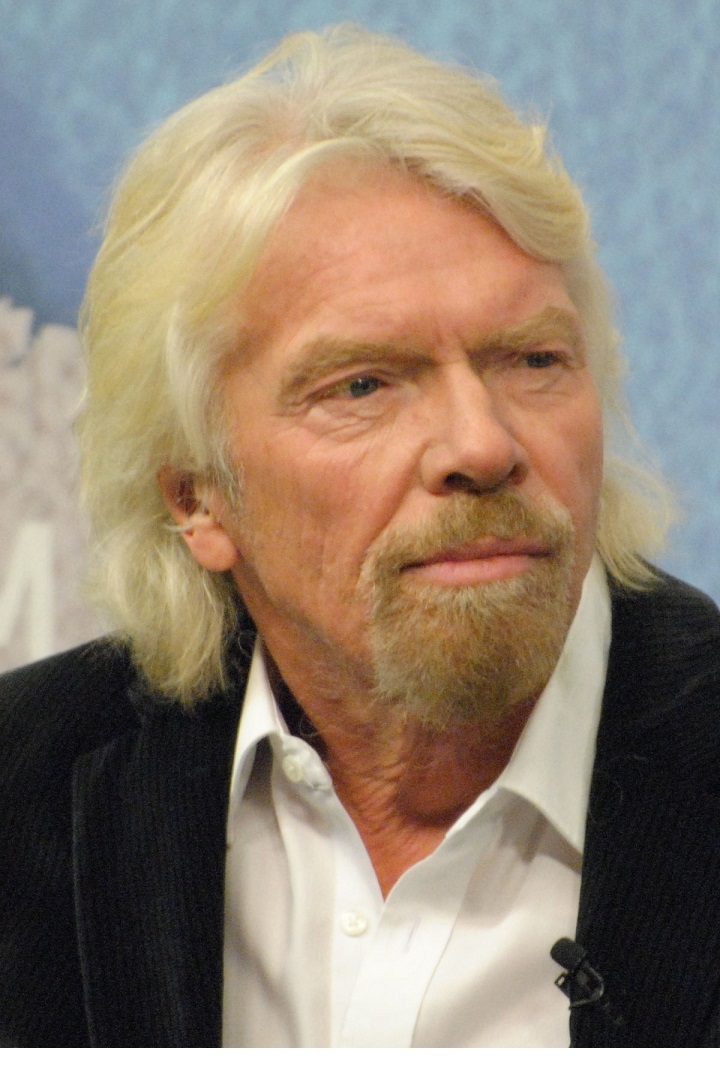
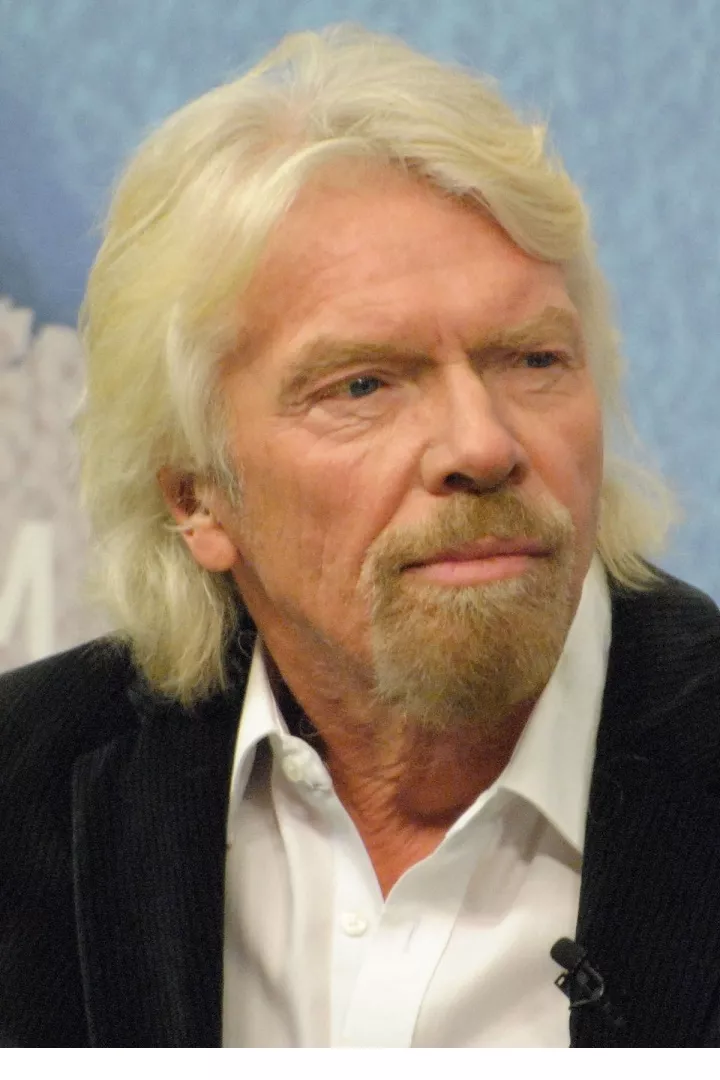
Richard Branson
Branson was diagnosed with dyslexia and learning disabilities.
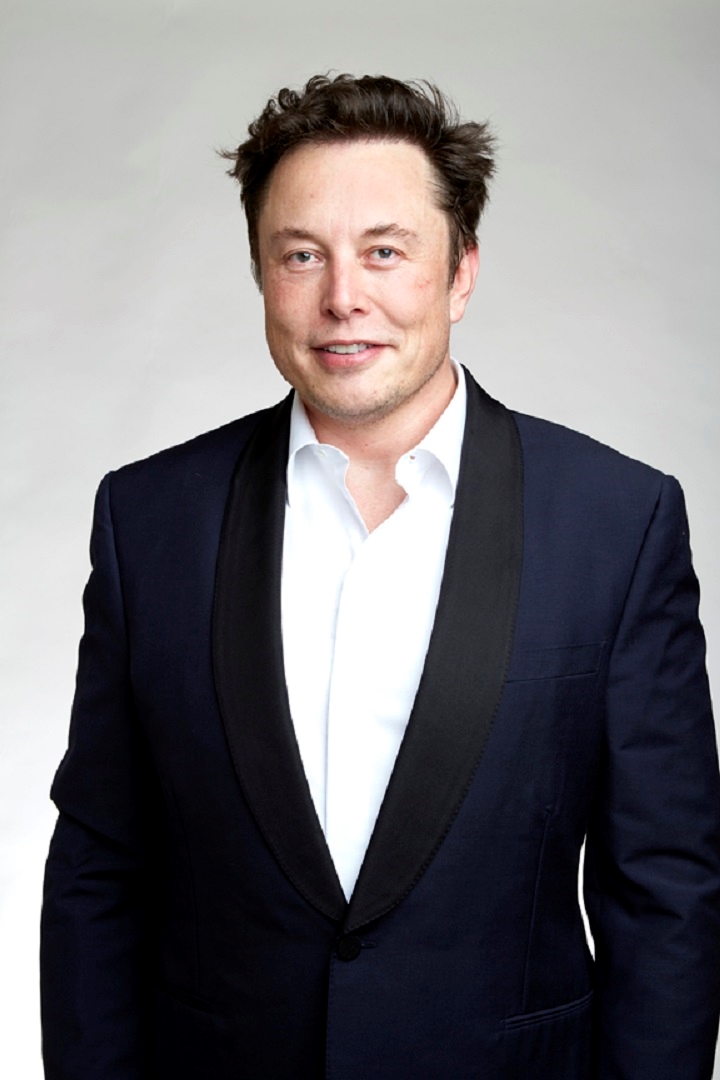
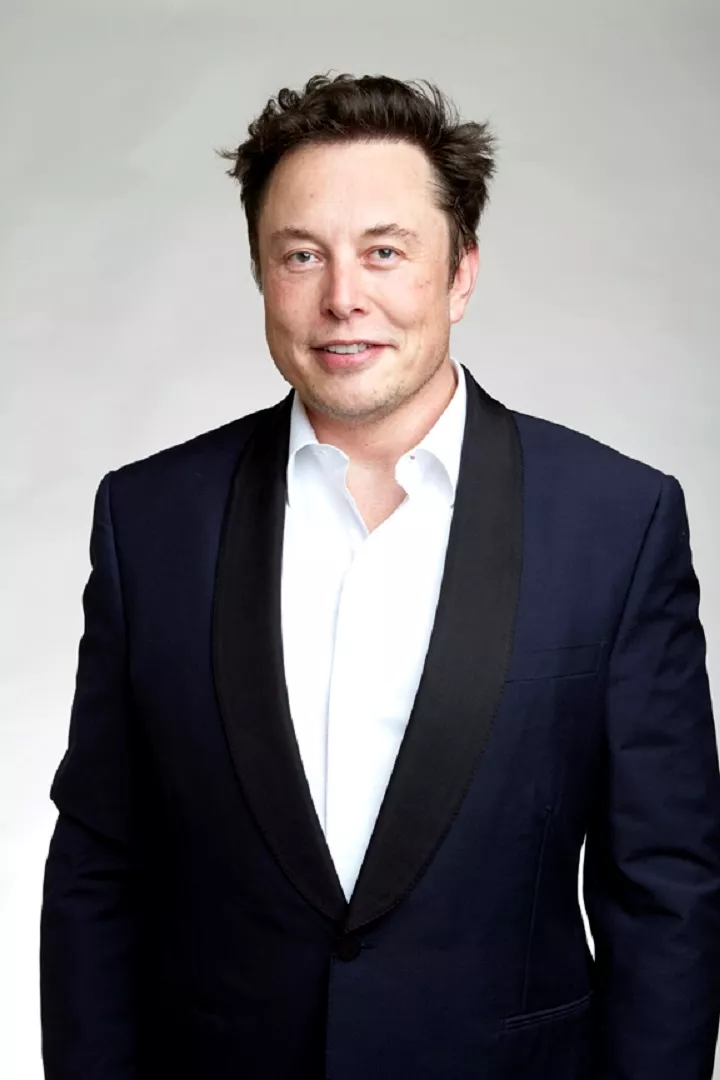
Elon Musk
The tech entrepreneur revealed he has Asperger's syndrome
Daymond John
Daymond John has a hearing impairment
Caroline Casey
Caroline Casey was diagnosed with ocular albinism as a child but knew about it only when she was 17.
Srikanth Bolla
Srikanth Bolla is the first international blind student at MIT
John Chambers
The Cisco CEO is diagnosed with dyslexia
Paul Orfalea
Paul Orfalea was vocal about having dyslexia and ADHD.
Sold his company to FedEx
Bram Cohen
The founder of BitTorrent is vocal about having Asperger’s Syndrome.
David Neeleman
The founder of JetBlue is famously candid about his ADHD
Watch Next
Organizations are working towards building a culture that’s pro-disability inclusive. Some are creating best-in-class initiatives like modern accessible technology and stronger recruitment practices.
None of this is of strategic relevance if individuals with disabilities do not feel safe to disclose their condition without worrying about misinterpretation and discrimination.
It’s fair to assume that the leaders themselves may be uncomfortable about disclosing their disabilities.
Accenture’s research, “Enabling Change” found that 76% of employees and 80% of leaders with a disability are not fully transparent about it. The research goes further to highlight the ill-effects of the gaps and recommends methods to address them.
The founder of the Virgin Group heads an empire that employs 69000 people in 25 countries and earns close to 17 billion USD in a year in revenue.
Branson was diagnosed with dyslexia and learning disabilities. He has shared his struggles and advice over the years, has always been open about it, and never hesitated to delegate work when necessary.
The tech entrepreneur revealed he has Asperger's syndrome while appearing on a television show a few months ago.
Going public this way has sparked conversation about business leadership and the autism spectrum.
His revelation may change how people deal with autism at work while helping change perceptions about the disability.
When Daymond, CEO of FUBU and investor on the TV show Shark Tank, realized that he had a hearing impairment, he immediately began wearing hearing aids.
He uses red ones as he would like people to ask him about them, in turn encouraging others to take the leap and use aids to improve their quality of life.
Caroline is an award-winning social entrepreneur and founder of The Valuable 500. She leads from the front. She is a catalyst who has led a tremendous journey to position Disability Inclusion as a Leadership agenda globally.
Caroline talks about how she was diagnosed with ocular albinism as a child but knew about it only when she was 17.
She explains how her parents did not tell her about it because they didn’t want a stigma attached to her.
She’s stepped out to be a very vocal leader, encouraging individuals to disclose their disability, get the accommodations they need, and bring their whole selves to work.
On the WEF 2021 'Young Global Leaders' list, and the first international blind student at MIT, Srikanth, CEO of Bollant Industries, has a visual impairment.
After several obstacles in getting an education, he started a mission to overcome employment barriers and provide sustainable and competitive employment to disabled people, with and without education, in India. 60% of his organization constitutes persons with disabilities.
The Cisco CEO speaks about his struggle with dyslexia. But he also wishes he had made his struggles with reading more public.
He says, "You consider it a weakness and you don't share your weaknesses. You don't realize it helps others who have this issue, and your family."
Paul Orfalea founded Kinko’s as a single shop that went on to become a national chain in the US with more than 1000 locations and 25,000 employees. It was then bought by FedEx.
Paul never carried a pen and often allowed others to handle his correspondence. He was vocal about having dyslexia and ADHD. In fact, he goes one step further. He says they enabled him to see the world differently.
“Lacking the ability to learn by reading,” he says,“I embraced every chance to participate in life. I started businesses, like my vegetable stand.
He skipped school to watch his father’s stockbroker at work. He learnt early that he would only get through school with help from a lot of people.
He learnt to appreciate people’s strengths and forgive their weaknesses, as He hoped they would forgive his.
The founder of BitTorrent, a disruptive technology that lets people transfer huge amounts of information over the internet, is vocal about having Asperger’s Syndrome.
He talks about how he embraced it. It apparently made him very interested in the world of patterns, puzzles, and computers, and that’s what enabled him to create BitTorrent.
The founder of JetBlue is famously candid about his ADHD. "One of the weird things about the type of ADHD I have is that if you have something you are really, really passionate about, then you are really, really good about focusing on that thing,” he admits.
He also says his ADHD led to him creating JetBlue's e-ticketing system.